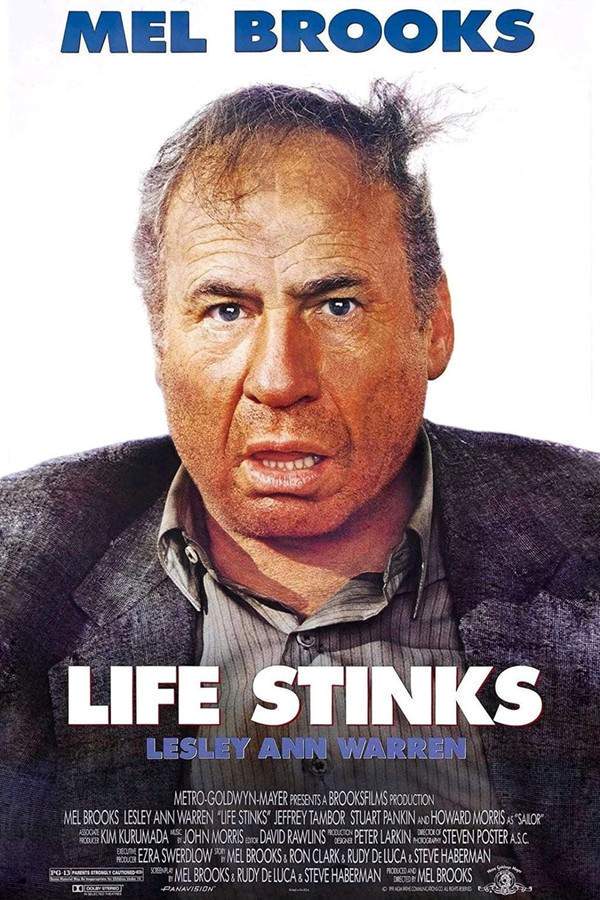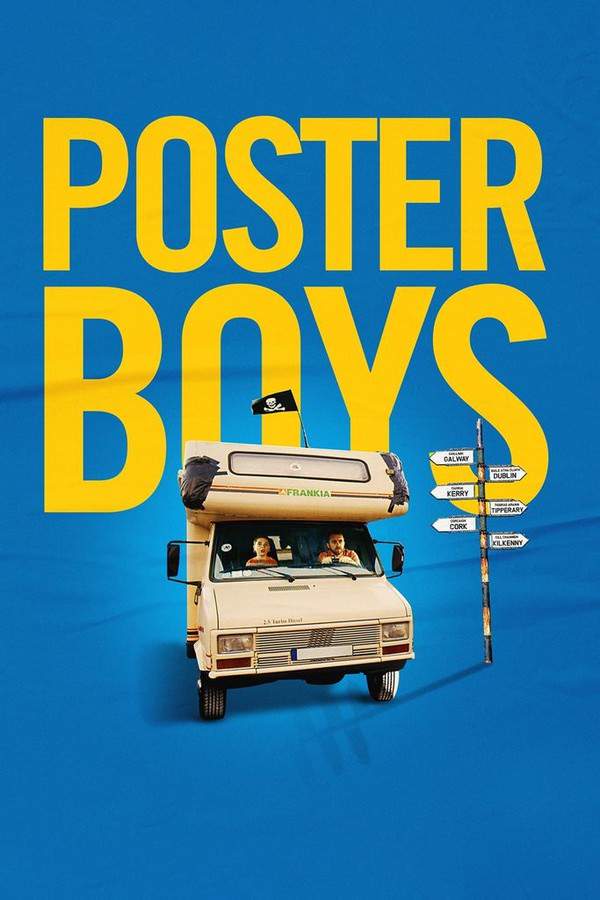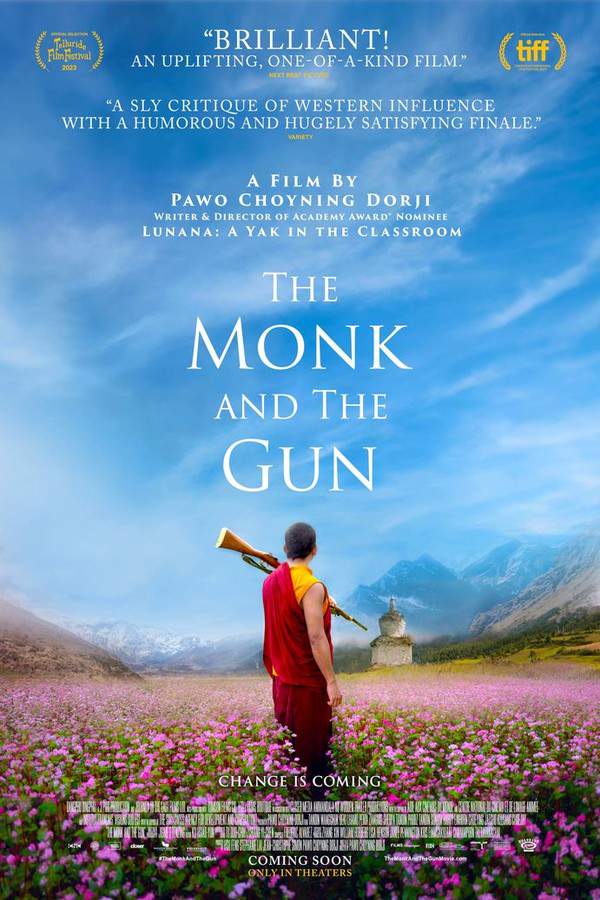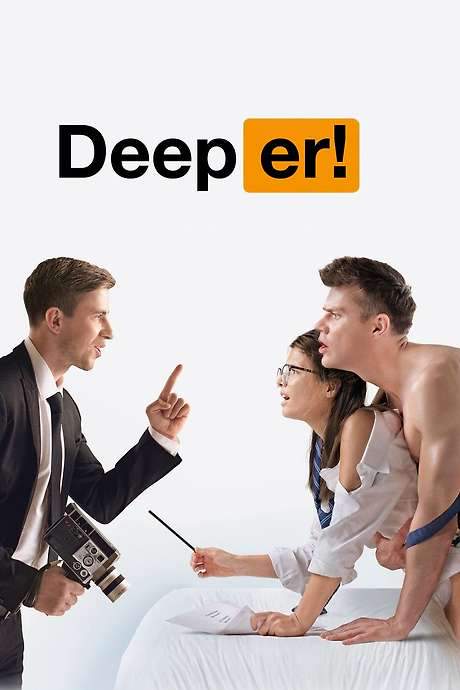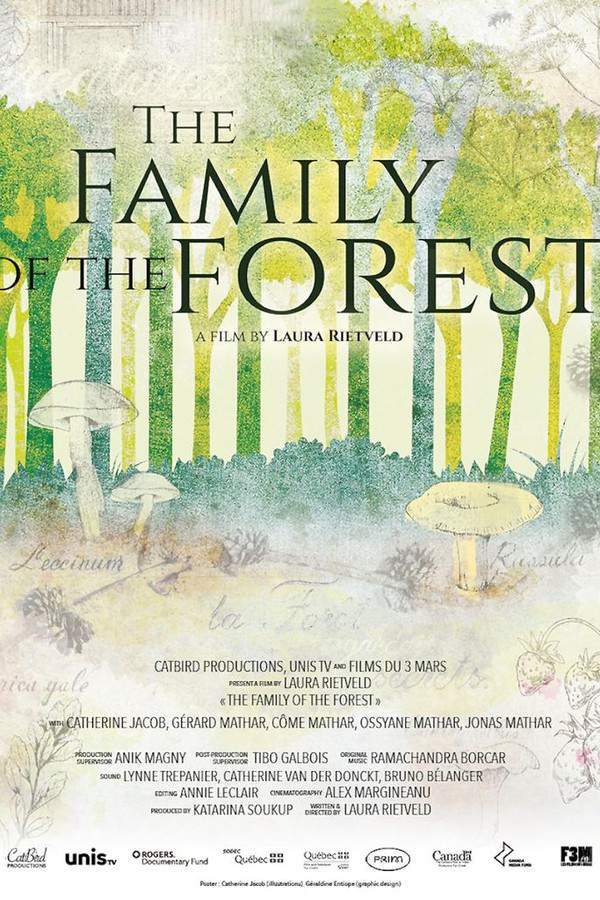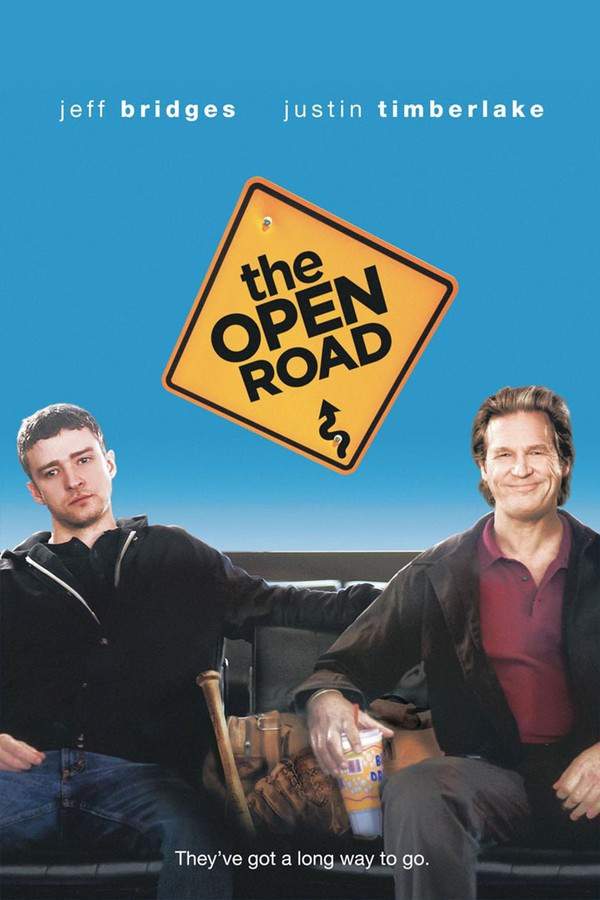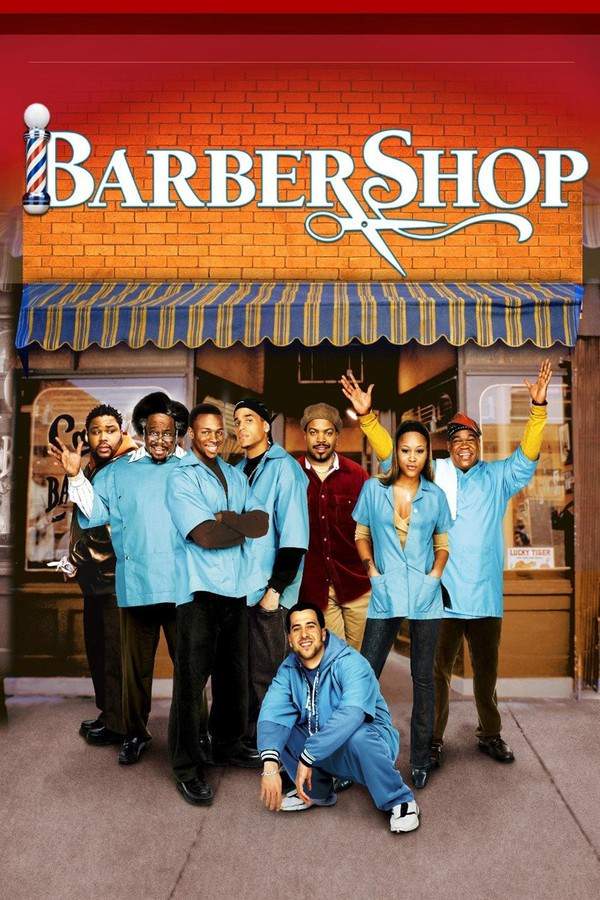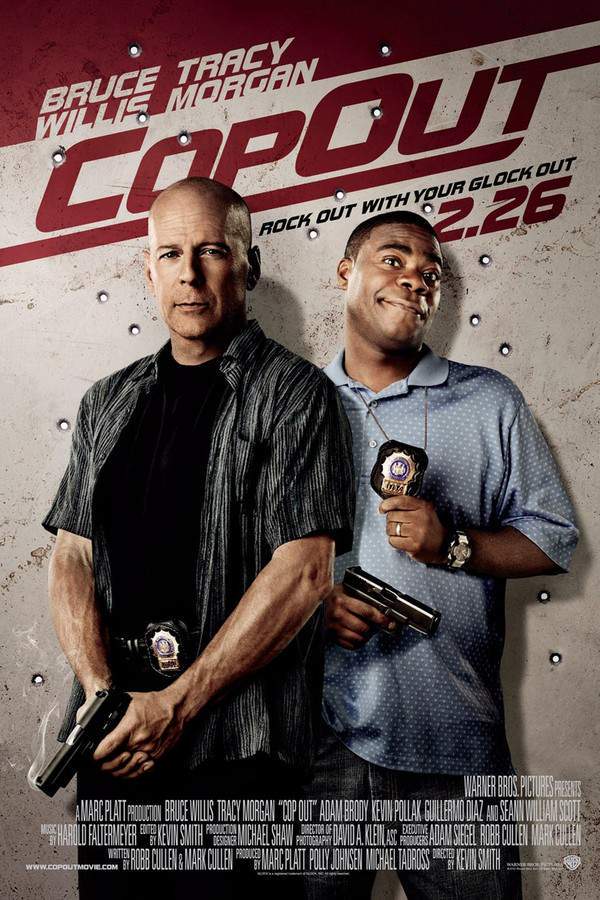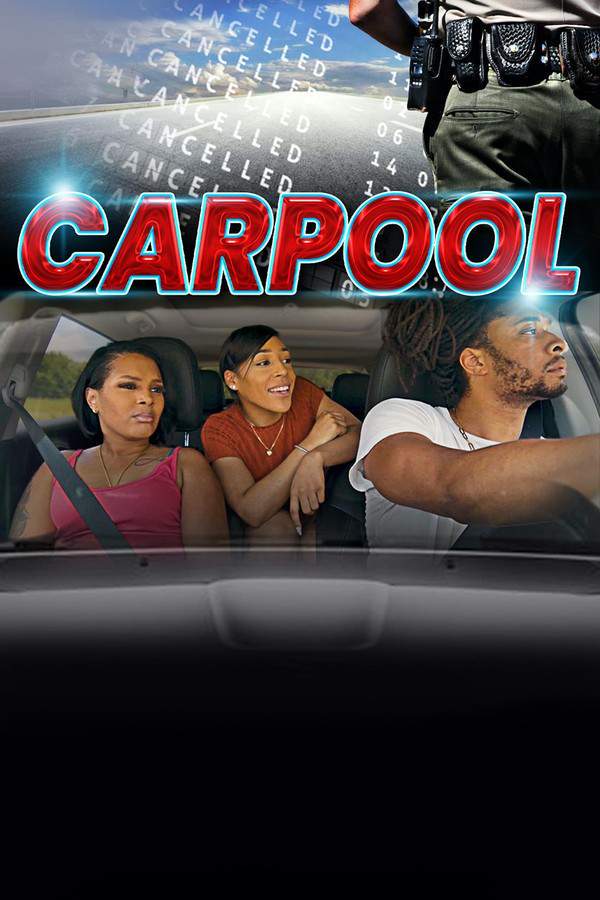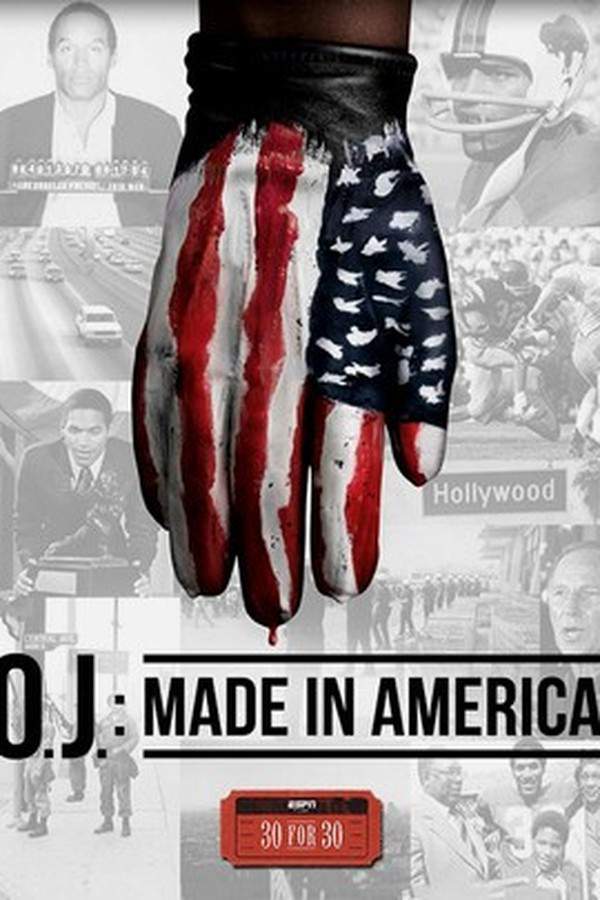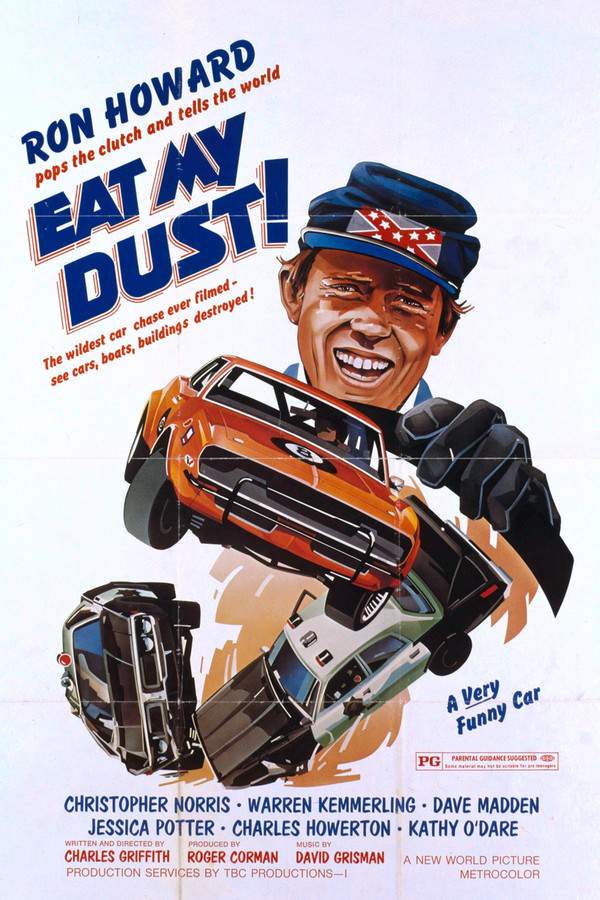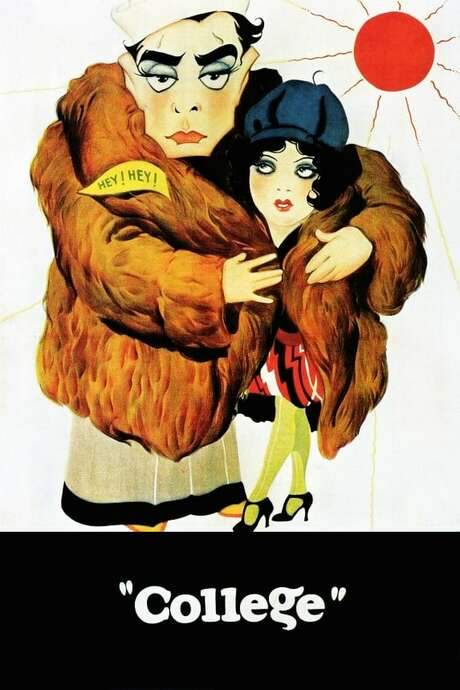
Carbon Copy
Year: 1981
Runtime: 92 mins
Language: English
Director: Michael Schultz
The film spins a satirical tale of an affluent white corporate executive whose world is upended when he learns he has a teenage son from a working‑class Black background. The son, eager to be embraced by the ultra‑white, affluent enclave of San Marino, California, forces both father and community to confront their prejudices and assumptions.
Warning: spoilers below!
Haven’t seen Carbon Copy yet? This summary contains major spoilers. Bookmark the page, watch the movie, and come back for the full breakdown. If you're ready, scroll on and relive the story!
Carbon Copy (1981) – Full Plot Summary & Ending Explained
Read the complete plot breakdown of Carbon Copy (1981), including all key story events, major twists, and the ending explained in detail. Discover what really happened—and what it all means.
Roger Porter, Denzel Washington, is a 17-year-old African-American boy who turns up in the life of Walter Whitney, a successful businessman living in the exclusive, predominantly white enclave of San Marino, California. Walter Whitney, George Segal, is secretly Jewish and carries the weight of a life split between his ambitions and the quiet compromises of a gated community, where he must beg his wife for intimacy and endure the antics of his outspoken step-daughter Mary Ann. The arrival of Roger shakes the surface of Walter’s carefully curated world and sparks questions about belonging, loyalty, and what it means to be a family.
The boy’s presence is shocking and charged with history: Roger is the product of Walter’s long-ago relationship with Lorraine Porter, a Black woman who is now dead. The only person who appeared to know the truth was Walter’s anti-Semitic, racist father-in-law and boss, Nelson Longhurst, who had once forced Walter to change his surname from Wiesenthal and who had threatened Walter with dismissal when he learned of the relationship. Walter had written Lorraine a letter proposing a pause in their relationship, but Lorraine never replied, and Roger later learns of the letter only after Lorraine’s death, delivered to him by his Aunt Clara. The backstory lays bare the racial and religious tensions that shadow Walter’s life and foreshadow the difficult road ahead.
Despite initial shock and resentment, Walter tries to make amends. He asks Vivian Whitney, Susan Saint James, to let Roger spend the summer with them as a foster son. Vivian agrees, but her relief is short-lived—she quickly regrets the decision once she grasps the full truth of Walter’s past and the complexity of Roger’s presence. The couple’s fragile arrangement is further strained when Nelson Longhurst, Walter’s formidable father-in-law, remains unyielding in his bigoted stance. The family’s finances begin to crumble as Nelson fires Walter and Vivian and Mary Ann’s lives become more entangled with power plays and divisions. With his money tied up in Vivian’s and Mary Ann’s names, Walter finds himself with almost nothing left but the coins in his wallet, and a network of professionals who have been pressured to cut him off.
Pushed to the edge, Walter takes a job shoveling horse manure at a stable, while Roger helps him secure a cheap furnished apartment. To make ends meet, Roger hocks Walter’s golf clubs to fund a move into a rundown apartment in Watts, Los Angeles. The plan is simple but fragile: Roger wants Walter to land steady work, and Walter promises not to throw in the towel on their bond. Yet the couple’s fragile survival is tested when a policeman pursues Roger on suspicion of wrongdoing, prompting Walter to stage a diversion and end up in custody himself—taking the fall to protect his son. In jail, Roger visits Walter and speaks with a quiet, earnest honesty: he never sought material support; he simply wanted to be accepted as Walter’s son.
The turning point comes with Walter’s return to San Marino, his job and his family momentarily restored, though Nelson’s influence still looms large. Walter seeks another chance to reconnect with Roger, and Bob Garvey, Paul Winfield, who becomes his counsel, reveals a crucial truth: Roger did not abandon his ambitions—he has graduated high school at 16 and is a pre-med student at Northwestern University. This revelation reframes Walter’s decision to step back into Roger’s life on a more hopeful footing. Walter and Roger are brought together again beside the road where Roger works on his car, and Walter announces his intent to live nearby, pursuing employment so he can remain close to Roger.
In a defining moment of belonging, Walter lets Roger call him “dad,” and, moved by the possibility of a real family, he resolves to become a present, active presence in Roger’s life. The film closes on a note of reconciliation and renewed purpose as Walter heads toward Aunt Clara’s home, ready to be a true father and partner to the young man he has grown to respect and love. The closing image—Walter riding alongside Roger in his jalopy—symbolizes a future where differences are acknowledged, and a fragile family is rebuilt on a foundation of shared effort and unconditional support.
Last Updated: October 09, 2025 at 14:51
Explore Movie Threads
Discover curated groups of movies connected by mood, themes, and story style. Browse collections built around emotion, atmosphere, and narrative focus to easily find films that match what you feel like watching right now.
Satirical Dramedies on Social Justice like Carbon Copy
Sharp comedies that use satire to expose and challenge societal inequalities.If you enjoyed the sharp social commentary and heartfelt drama of Carbon Copy, you'll appreciate these movies. This list features films like Carbon Copy that use comedy and satire to dissect issues of prejudice and class, blending thoughtful criticism with engaging character-driven stories for a rewarding and hopeful experience.
Narrative Summary
Stories in this thread typically follow a protagonist whose comfortable worldview is disrupted, forcing them to confront a societal ill they were previously blind to. The journey involves comedic missteps and satirical observations of the status quo, culminating in personal enlightenment and a more hopeful, if complicated, future.
Why These Movies?
These movies are grouped together because they share a unique blend of satirical humor and genuine drama focused on social issues. They balance a critical eye with a warm heart, creating an experience that is both intellectually stimulating and emotionally satisfying.
Estranged Family Reconciliation Stories like in Carbon Copy
Heartwarming journeys of fractured families finding their way back to each other.Fans of the father-son relationship in Carbon Copy will find more moving stories here. Discover movies like Carbon Copy about unexpected family reunions that overcome differences and prejudice. These films explore the challenges and ultimate joy of rebuilding familial connections, often with a hopeful and heartwarming conclusion.
Narrative Summary
The narrative pattern involves an unexpected reunion that disrupts the protagonist's life. Initial conflict and culture shock give way to a slow-building relationship as characters are forced to understand each other's worlds. The central conflict is often external societal pressure or internal biases, which must be overcome to achieve a heartfelt reconciliation.
Why These Movies?
These films are united by their focus on the powerful emotional arc of family reconciliation. They share a medium emotional weight, balancing the pain of separation with the joy of connection, and typically feature a steady pacing that allows the relationship to develop authentically, leading to a satisfying, happy ending.
Unlock the Full Story of Carbon Copy
Don't stop at just watching — explore Carbon Copy in full detail. From the complete plot summary and scene-by-scene timeline to character breakdowns, thematic analysis, and a deep dive into the ending — every page helps you truly understand what Carbon Copy is all about. Plus, discover what's next after the movie.
Carbon Copy Timeline
Track the full timeline of Carbon Copy with every major event arranged chronologically. Perfect for decoding non-linear storytelling, flashbacks, or parallel narratives with a clear scene-by-scene breakdown.

Characters, Settings & Themes in Carbon Copy
Discover the characters, locations, and core themes that shape Carbon Copy. Get insights into symbolic elements, setting significance, and deeper narrative meaning — ideal for thematic analysis and movie breakdowns.

Carbon Copy Spoiler-Free Summary
Get a quick, spoiler-free overview of Carbon Copy that covers the main plot points and key details without revealing any major twists or spoilers. Perfect for those who want to know what to expect before diving in.

More About Carbon Copy
Visit What's After the Movie to explore more about Carbon Copy: box office results, cast and crew info, production details, post-credit scenes, and external links — all in one place for movie fans and researchers.

Similar Movies to Carbon Copy
Discover movies like Carbon Copy that share similar genres, themes, and storytelling elements. Whether you’re drawn to the atmosphere, character arcs, or plot structure, these curated recommendations will help you explore more films you’ll love.
Explore More About Movie Carbon Copy
Carbon Copy (1981) Scene-by-Scene Movie Timeline
Carbon Copy (1981) Movie Characters, Themes & Settings
Carbon Copy (1981) Spoiler-Free Summary & Key Flow
Movies Like Carbon Copy – Similar Titles You’ll Enjoy
Barbershop (2002) Detailed Story Recap
Cop Out (2010) Plot Summary & Ending Explained
Carpool (1996) Complete Plot Breakdown
Made in America (1993) Plot Summary & Ending Explained
Eat My Dust (1976) Spoiler-Packed Plot Recap
Another Cinema Snob Movie (2019) Detailed Story Recap
The ComDads (1983) Ending Explained & Film Insights
Like Father Like Son (1987) Story Summary & Characters
Car Wash (1976) Complete Plot Breakdown
Cop & ½ (1993) Film Overview & Timeline
College (1927) Detailed Story Recap
Angelo, Fredo, and Romeo (1996) Complete Plot Breakdown
Cocaine Stepdad (2024) Spoiler-Packed Plot Recap
Smiling Fish & Goat On Fire (1999) Story Summary & Characters
Nothing to Lose (1997) Full Summary & Key Details

